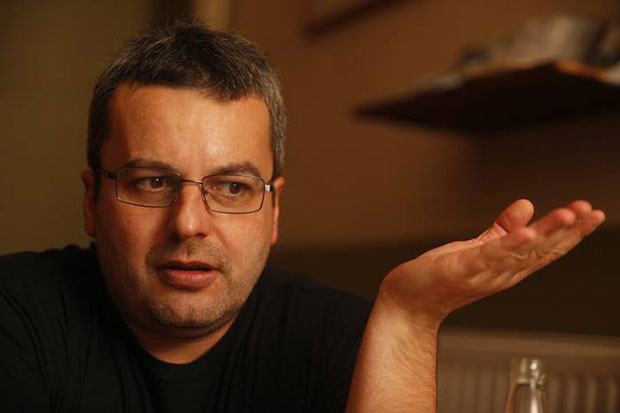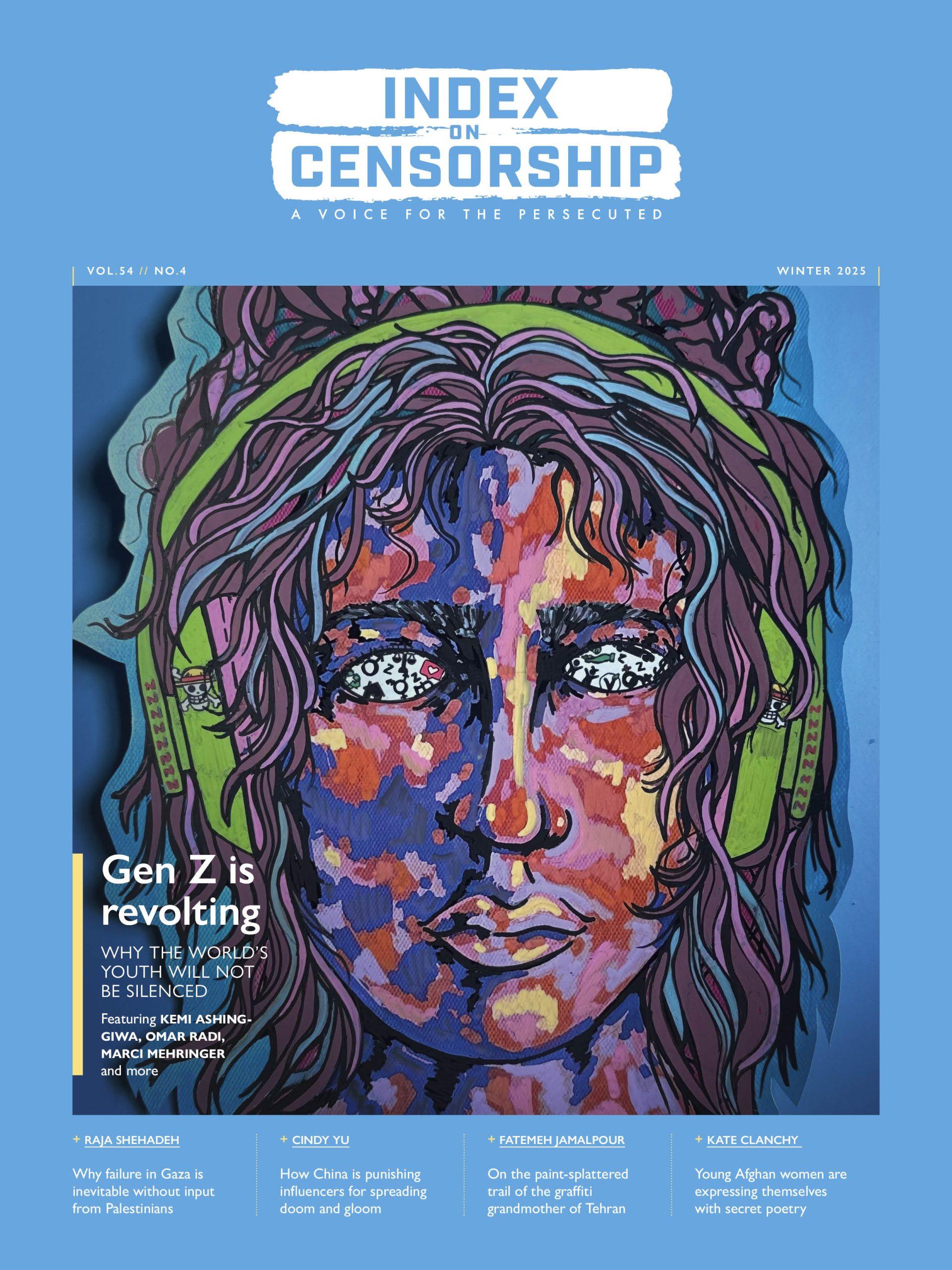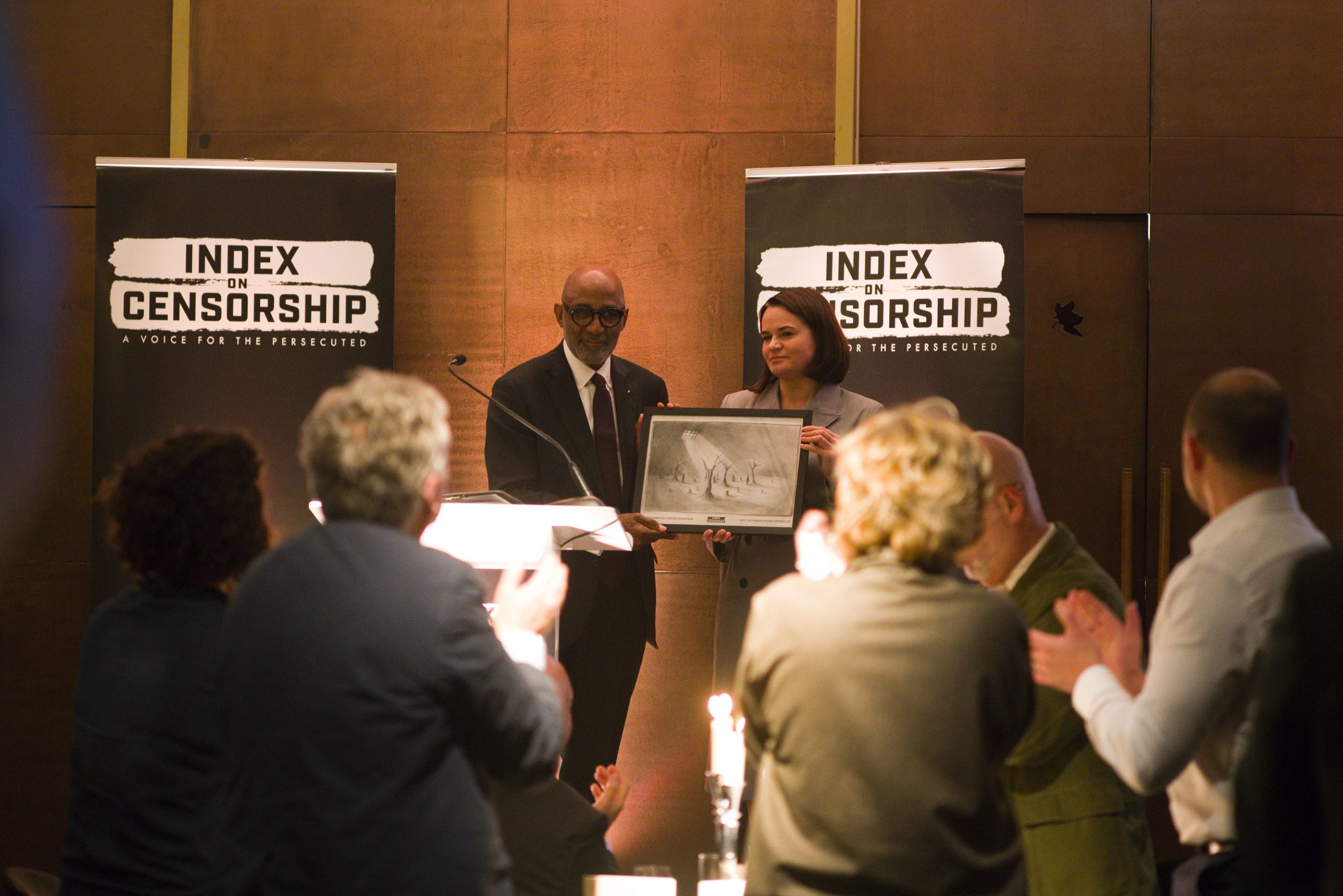Atlatszo.hu is an investigative news outlet founded and managed by Tamas Bodoky, the main goal of which is to promote free, transparent circulation of information in Hungary. The website, which receives around 500,000 unique visitors per month, acts as watchdog to a Hungarian government which has increasingly tightened its grip on press freedom in the country.
Atlatszo.hu produces investigative reports based on FOI requests, and instigates FOI lawsuits in cases where its requests are refused. In 2014, it has uncovered cases of state control of the media, election fraud, government corruption, tax fraud, and misuse of public funds.
Hungarian prime minister Viktor Orban, who announced intentions to build an “illiberal state” in summer 2014, has in the past year overseen the unexplained dismissal of a news editor who revealed expenses fraud within the government, and the introduction of new media taxes designed to cripple independent news outlets. His proposed “internet tax”, which would charge Hungarian citizens 150 forints (£0.37) per gigabyte of downloaded data, prompted countrywide protests in October. Critics saw the move as an attempt to curb freedom of information.
In 2014 the government also initiated a crackdown on Hungarian NGOs which were funded by Norwegian grants aiming to strengthen civil society in the poorer parts of Europe. These NGOs, several of which have been raided by police forces since July 2014, were accused by the government of acting on behalf of “leftist” foreign interests. The smear campaign against these NGOs was taken up by the country’s biggest media outlets, the majority of which are heavily influenced by the government.
Atlatszo.hu was included on the NGO blacklist, and Atlatszo’s partner organisation, the Asimov Foundation, was also investigated. Bodoky has quipped: “We are very glad to be included [on the list]. It would have been most embarrassing to be left out.”
Through the Asimov Foundation, Bodoky runs workshops with citizens and other NGOs in investigative journalism. The Foundation also solicits FOI requests from the general public using a request generator called KiMitTud (“Who knows what?”), through which around 1300 FOI requests are sent each year. In response to this service, the government introduced an amendment to Hungary’s FOI act in 2013 which allowed “excessive” requests for information to be ignored.
Atlatszo.hu also hosts platforms through which corruption can be easily and anonymously reported. MagyarLeaks, a Tor-based whistleblowing service, was launched in 2011 and prompted the government to investigate Bodoky and seize his hard drive. Late in 2013, a crowdsourced platform called Fizettem was launched, which allows everyday corruption such as police bribes to be reported anonymously.
“We are very proud of this nomination. We think that is very important to encourage critical media in Hungary,” Bodoky said in a recent interview with Index.
11 March: An earlier version of this article incorrectly stated that the Asimov Foundation’s offices were raided. They were not.
This article was posted on March 9, 2015 at indexoncensorship.org





